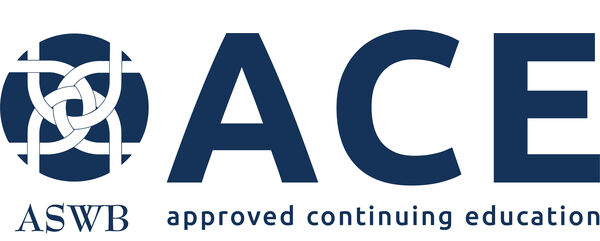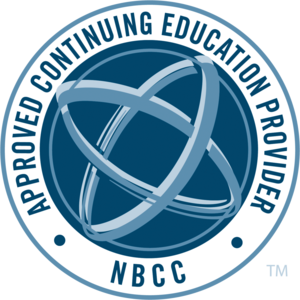Guardianship and Advocacy: Exploring the Ethical Principles of Autonomy, Self-Determination, Decision-Making, Well-Being, and Non-Malfeasance (2 credit hours)
Program Summary: This course highlights research from the National Center on Elder Abuse. The course explores the legal process of adult guardianship and the ethical principles of advocacy, autonomy, self-determination, decision-making, and non-malfeasance. While guardianship serves an important role in protecting individuals from harm, it also limits fundamental rights as decision-making is transferred from the individual to the guardian. For this reason, the appointment of a guardian should always be a last resort and only if a less restrictive option is not achievable. The course highlights the role of the guardian as advocate, promoting the individual’s rights, wishes, and well-being. The course also examines how the Covid-19 pandemic resulted in changes to practice, some of which will likely continue as we move forward in a post-pandemic world. NGA Guardianship Standards of Practice and Ethical Principles are featured.
This course is recommended for social workers and is appropriate for beginning and intermediate levels of practice. This course is not recommended for NBCC ethics credit.
NGA Ethical Principles: https://www.guardianship.org/wp-content/uploads/2017/07/Ethical-Principles-2017.pdf
1. Social Workers’ Ethical Responsibilities to Clients 1.02 Self-Determination Social workers respect and promote the right of clients to self-determination and assist clients in their efforts to identify and clarify their goals. Social workers may limit clients’ right to self-determination when, in the social workers’ professional judgment, clients’ actions or potential actions pose a serious, foreseeable, and imminent risk to themselves or others. (NASW Code of Ethics 2021)
 Open the Course Readings Here.
Open the Course Readings Here.
Course Readings:
Reading 1: Role of Guardian Standards in Addressing Elder Abuse
Reading 2: Guardianship: Remedy vs. Enabler of Elder Abuse
Reading 3: Adult Guardianship and the Covid-19 Pandemic: Lessons Learned
Reading 4: Ten Ways to Reduce Guardianship Abuse
Publisher: National Center on Elder Abuse
Course Objectives: To enhance professional practice, values, skills and knowledge by exploring guardianship and the ethical principles of advocacy, self-determination, decision-making, autonomy, well-being, and malfeasance.
Learning Objectives: Describe the role of the guardian as an advocate. Describe the impact of guardianship on individual rights and decision-making. Identify red flags for guardianship abuse. Identify changes to guardianship practice during the Covid-19 pandemic.
Review our pre-reading study guide.
G.M. Rydberg-Cox, MSW, LSCSW is the Continuing Education Director at Free State Social Work and responsible for the development of this course. She received her Masters of Social Work in 1996 from the Jane Addams School of Social Work at the University of Illinois-Chicago and she has over 20 years of experience. She has lived and worked as a social worker in Chicago, Boston, and Kansas City. She has practiced for many years in the area of hospital/medical social work. The reading materials for this course were developed by another organization.




